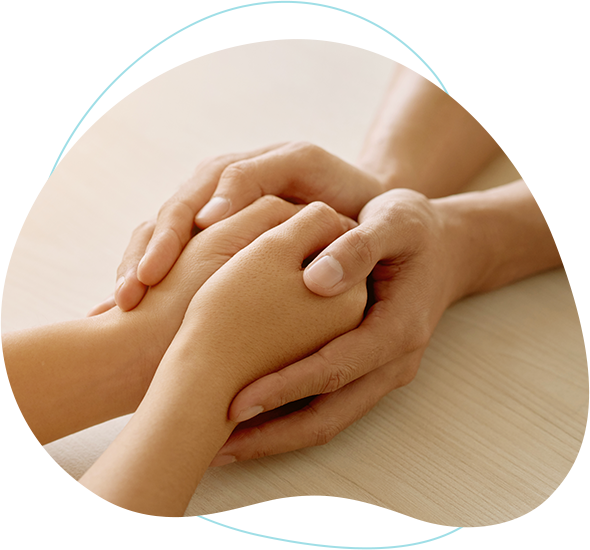In a previous blog post, I wrote about ‘The Dopamine Chase’ and how our brains can seek out increasing amounts of dopamine. Dopamine is the neurotransmitter that tells our brain when something was rewarding and that we should do it again (and probably more of it). This can come from feelings, relationships, substances, food, and other behaviours including things like work, exercise, shopping/spending, gambling, technology, as well as from validation and anything that provides an intensity to experience that is not there with other things. This leads to the current topic of stashes. I find that people undervalue the significance of a stash and this can have a profound impact on their personal development goals, as well as their health and wellness.
What do I mean by a stash? I mean any person, behaviour, thing, or feeling that is being hung onto for a ‘rainy day.’ In this case, a rainy day is anytime that the brain is craving dopamine and it will draw on this stash for fuel. The more obvious forms of stashes are substances that the person is no longer using that remain within their home, car, or workplace within easy reach. This might be old prescriptions in the medicine cabinet, a bottle of liquor that was a gift or being reserved for entertaining, old drug paraphernalia. At a more subtle level, stashes can be relationships. For instance, a person that has been interested in you that you can reach out to for validation or sex at any time. It might be an ex that you can use for the same purpose. It might be someone that you have a flirtatious relationship with and you can reach out to them for that escape and feel-good boost anytime. Stashes can also be feelings. Keeping a relationship in your life that is drama-fuelled because, at any time, this can be accessed for that shot of dopamine and adrenaline. This might be a toxic work relationship, ex, friend, current partner, or family member. Stashes may be tech-based. An app or subscription that you hang onto that leads you back into a world that you, for the most part, don’t engage with but it’s nice to know it’s always there if needed (whether this is sex, relationships, gambling, shopping, games, or other sources of distraction and escape).
What is the harm created by stashes? Stashes prevent the brain from fully detoxifying, which also means that it prevents withdrawal from happening which is a necessary component to health and recovery. If our brain can never fully detach from something, then other steps we take to look after ourselves will only get us so far because that detachment lingers and holds us back. For instance, wanting to move on with life after a relationship ends cannot happen very effectively if there is still that stash of the exes number, friendship, or sexual contact. This is the same for substances or any other behaviours. Cleaning out the stashes (whether those are substances, objects, numbers, apps, or anything else) may be uncomfortable initially (this is the detox and withdrawal part) but, ultimately, helps our brain’s reward circuitry to cool off and be less overstimulated, which allows us to feel calmer, more rational, and serene internally.
Something I have always found impactful are the stories of people who struggle with severe alcohol dependence having withdrawal shakes and symptoms but these stopping as soon as they secure access to alcohol. The alcohol does not even need to be consumed before the symptoms stop, that is how powerful stashes are for our brains. As long as our brains knows there’s the potential of whatever substance, behaviour, person, or thing it is attached to, that is enough to soothe our brains into an artificial sense of contentment which, ultimately, does not support health. Our brains will remain in a state of attachment, dependence, and escape/reward/relief seeking unless we take access away. After that, you can re-evaluate what makes sense and feels best for your life, but you owe it to yourself to detox and see how that feels.
By Paige Abbott
Paige is a Registered Psychologist in Calgary, Alberta specializing in Addiction, Mental Health, and Relationships.


